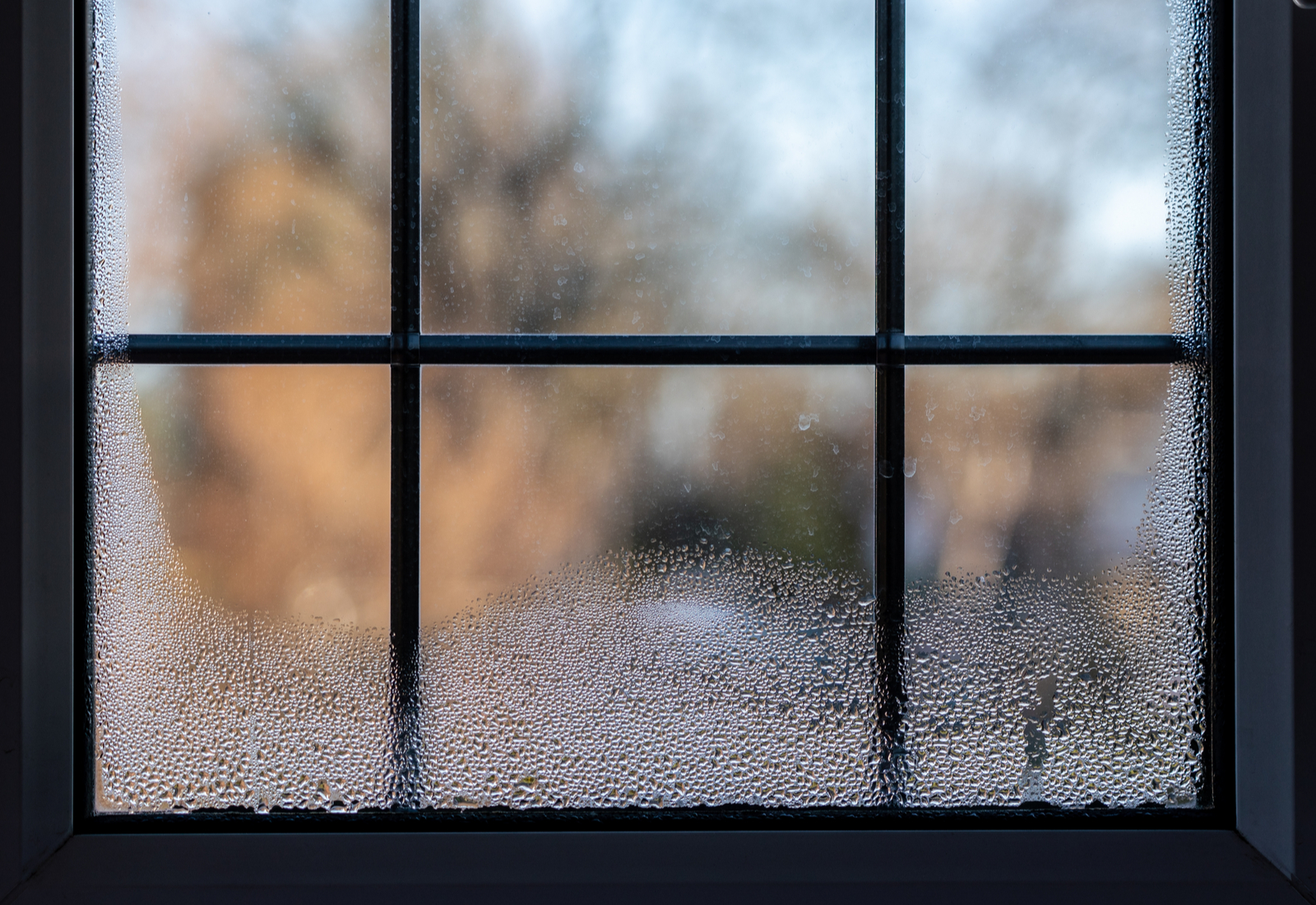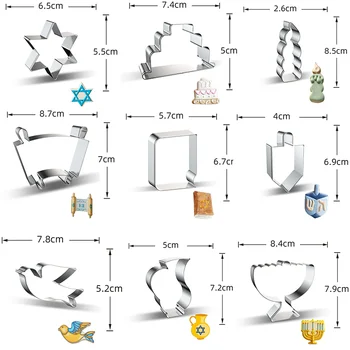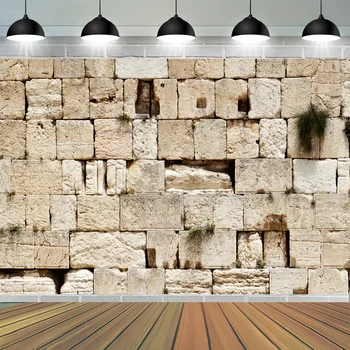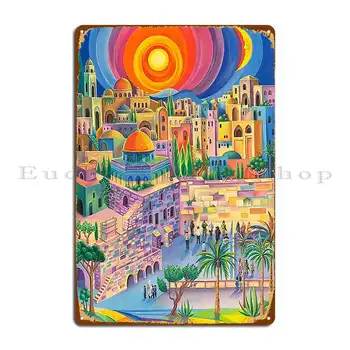Israeli wine is produced by hundreds of wineries, ranging in size from small boutique enterprises to large companies producing over ten million bottles per year. Wine has been produced in the Land of Israel since biblical times. In 2011, Israeli wine exports totaled over $26.7 million.
The modern Israeli wine industry was founded by Baron Edmond James de Rothschild, owner of the Bordeaux estate Château Lafite-Rothschild. Today, Israeli winemaking takes place in five vine-growing regions.
History
Viticulture has existed in the land of Israel since biblical times. In the book of Deuteronomy, the fruit of the vine was listed as one of the seven blessed species of fruit found in the land of Israel (Deut. 8:8). The location of Israel along a historic wine trading route between Mesopotamia and Egypt brought winemaking knowledge and influence to the area. Wine played a significant role in the religion of the early Israelites with images of grape growing, harvesting and winemaking often being used to illustrate religious ideals. In Roman times, wine from Israel was exported to Rome with the most sought after wines being vintage, dated with the name of the winemaker inscribed on the amphora. Today’s wine production in Israel comes from grape varieties traced to French varieties. Winemaking, limited under Islamic rule, was temporarily revived in the Crusader states from around 1100 to 1300 but the return of Islamic rule and the subsequent Jewish Diasporaextinguished the industry once again.
 The root of the modern Israeli wine industry can be traced to the late 19th century when the French Baron Edmond de Rothschild, owner of the Bordeaux estate Château Lafite-Rothschild, began importing French grape varieties and technical knowhow to the region. In 1882, he helped establish Carmel Winery with vineyards and wine production facilities in Rishon LeZion and Zikhron Ya’akov near Haifa. Still in operation today, Carmel is the largest producer of Israeli wine and has been at the forefront of many technical and historical advances in both winemaking and Israeli history.
The root of the modern Israeli wine industry can be traced to the late 19th century when the French Baron Edmond de Rothschild, owner of the Bordeaux estate Château Lafite-Rothschild, began importing French grape varieties and technical knowhow to the region. In 1882, he helped establish Carmel Winery with vineyards and wine production facilities in Rishon LeZion and Zikhron Ya’akov near Haifa. Still in operation today, Carmel is the largest producer of Israeli wine and has been at the forefront of many technical and historical advances in both winemaking and Israeli history.
One of the first telephones in Israel was installed at Carmel and the country’s first Prime Minister, David Ben-Gurion, worked in Carmel’s cellars in his youth.
For most of its history in the modern era, the Israeli wine industry was based predominantly on the production of Kosher wines which were exported worldwide to Jewish communities. The quality of these wines were varied,
It was not until the 1980s that the industry at large saw a revival in quality winemaking, when an influx of winemaking talent from Australia, California and France brought modern technology and technical know-how to the growing Israeli wine industry. In the 90s there was a subsequent number of boutique wineries operating. By 2000 there were 70 wineries in Israel, and by 2005 the number jumped to 140.
Though Israel’s planted acreage only one-quarter of Lebanon, it has emerged as a driving force for winemaking in the Eastern Mediterranean, due to its willingness to adopt new technology and its large export market. The country has also seen the emergence of a modern wine culture with upscale restaurants featuring international wines dedicated to an ever-increasing wine-conscious clientele.
Wine regions
Israeli wine is produced in five regions: Galilee (which includes the sub-regions of the Golan Heights, Upper Galilee and Lower Galilee); the Judean Hills, surrounding the city of Jerusalem; the Samson region, located between the Judean Hills and the Coastal Plain; the Negev desert region; and the Shomron region, which includes the Sharon plain located near the Mediterranean coast and just south of Haifa. As of 2012, Israel has 50,000 dunams of vineyards. More than 80% of the vineyards planted in Israel are located in the Shomron, Samson and Galilee regions.
The Golan contains some of the highest elevated vineyards in Israeli-controlled territory, with vineyard planted upwards of 4,000 feet (1,200 metres) from the Sea of Galilee towards Mount Hermon. There are seven Israeli wineries in the Golan Heights that cultivate a total of 1,600 acres (647 ha). These include four boutiques, and Château Golan, Bazelet Hagolan, and the Golan Heights Winery whose Yarden, Gamla, and Golan labels enjoy international renown.
Today Israeli wineries receive recognition from the worldwide wine industry as they are highly rated and win the most important wine rewards. One of the first accomplishments by an Israeli winery in the global world of wines was made by Domaine du Castel when their white wine was chosen as one of the best new releases in 2001. In 2012, Golan Heights winery received the prestigious ‘Wine Star’ award of the ‘Wine Enthusiast’ known magazine. The Golan Heights winery has also won the ‘Gran Vinitaly Special Award as the best wine producer ‘ title in Vinitaly competition of 2011.
To be considered kosher, a wine may only be handled by observant Jews from the time the grapes are crushed. If, however, the wine is boiled or pasteurized, it may subsequently be handled by anyone without losing its kosher status. Additionally, kosher wine cannot contain any non-kosher ingredients or fining agents such as isinglass, gelatin or casein. Although not all Israeli wine is kosher, virtually all of the large producers in Israel have kosher certification.







